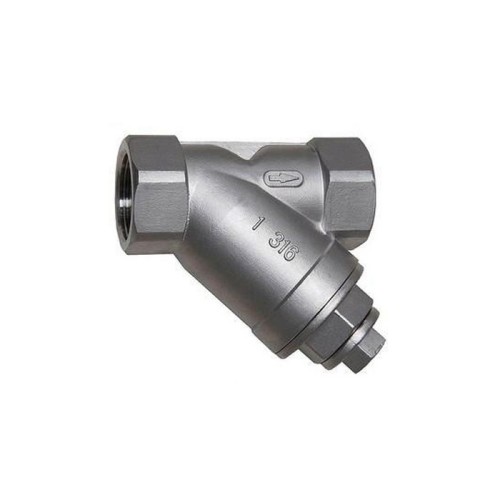Flanged Connection Ball Valve for Efficient Flow Control and Easy Installation in Piping Systems
Understanding Ball Valves with Flange Connections
In modern fluid control systems, ball valves play a crucial role, providing reliable performance, durability, and ease of operation. Among the various types of connections available for ball valves, flange connections have gained significant popularity across numerous industries, including water treatment, oil and gas, chemical manufacturing, and HVAC systems. This article explores the characteristics, advantages, and common applications of ball valves with flange connections.
What is a Ball Valve?
A ball valve is a quarter-turn valve that uses a hollow, perforated, and pivoting ball to control the flow of fluids. When the ball is rotated such that the hole is aligned with the flow, the valve is open; when it is rotated 90 degrees, the valve is closed. Ball valves are preferred for their quick operation, minimal pressure drop, and excellent sealing capabilities. They can handle a wide range of pressures and temperatures, making them versatile components in various systems.
Flange Connections Explained
Flange connections refer to the method of joining components using flanges—flat pieces of metal that act as a connecting surface. The two flanges are bolted together, creating a secure and leak-proof joint. This type of connection is particularly beneficial when dealing with larger valves or when high-pressure applications are involved. Flange connections are available in various standards, such as ANSI, DIN, and JIS, allowing for compatibility with a wide range of piping systems.
Advantages of Ball Valves with Flange Connections
1. Ease of Installation The design of flange connections allows for straightforward installation and removal. This is especially useful in maintenance scenarios, where quick access to the valve is needed without disrupting the entire piping system.
2. Strong Mechanical Strength Flange connections provide robust mechanical integrity, supporting heavy-duty applications. This strength ensures that the valve can handle significant pressure and temperature fluctuations without compromising performance.
ball valve with flange connection

3. Leak Prevention The bolted nature of flange connections, combined with appropriate gaskets, results in excellent sealing properties. This prevents leaks and ensures the safe and efficient operation of the fluid control system.
4. Versatility Ball valves with flange connections come in a range of materials, including stainless steel, brass, and PVC, making them suitable for various media, including corrosive fluids. Moreover, they can be designed for different sizes and pressure ratings, further enhancing their versatility.
Common Applications
Ball valves with flange connections are commonly used in various applications
- Water and Wastewater Treatment These valves control the flow of chemicals and water in treatment plants, ensuring efficient processing and distribution. - Oil and Gas Industry In pipelines transporting oil and natural gas, flange-connected ball valves provide reliable flow control, essential for maintaining system integrity and safety.
- Chemical Processing Ball valves are used in chemical plants to manage the flow of corrosive and non-corrosive fluids, where reliable sealing and robust construction are critical.
- HVAC Systems In heating, ventilation, and air conditioning systems, these valves play a role in regulating fluid flow, contributing to energy efficiency and operational reliability.
Conclusion
Ball valves with flange connections represent a robust solution for fluid control challenges across several industries. Their ease of installation, mechanical strength, and leak prevention capabilities make them an ideal choice for various applications. As industries continue to evolve and require more efficient and reliable fluid management systems, the importance of such valves will undoubtedly grow, ensuring optimal performance in critical processes. Whether in a residential HVAC system or a complex industrial pipeline, understanding and utilizing the advantages of flange-connected ball valves is key to achieving operational excellence.
-
The Versatility of Ball Valves in Fluid Control SystemsNewsJun.10,2025
-
The Practical Benefits of Centerline Butterfly ValvesNewsJun.10,2025
-
The Benefits of Bellows Seal Globe Valves for Industrial SystemsNewsJun.10,2025
-
The Advantages of Offset Butterfly ValvesNewsJun.10,2025
-
Ductile Gate Valves: Strong, Reliable, and Essential for Every SystemNewsJun.10,2025
-
Cast Iron Gate Valves: A Reliable Solution for Every SystemNewsJun.10,2025
-
Why Choose a Brass Gate Valve for Superior Performance and DurabilityNewsMay.09,2025




